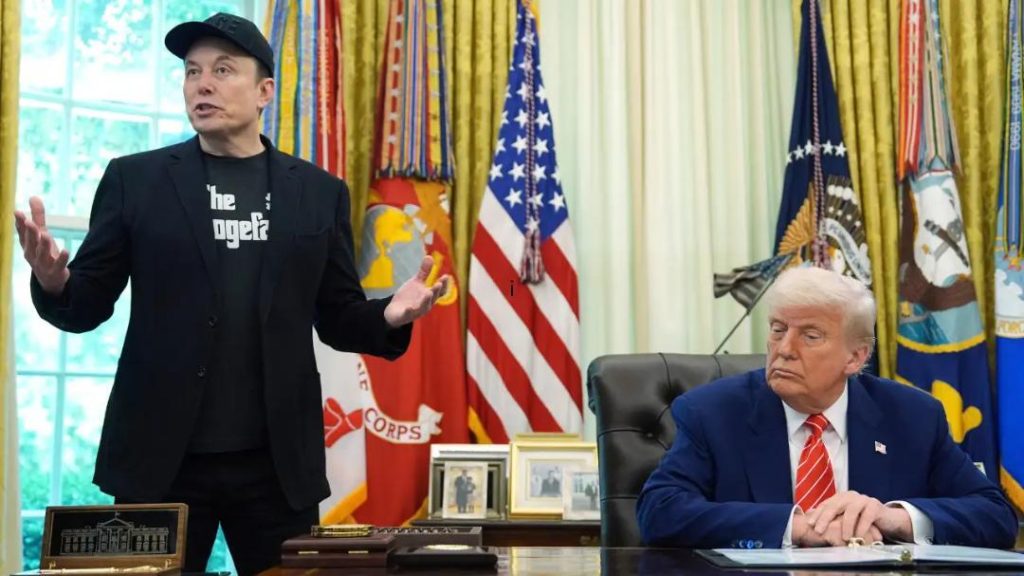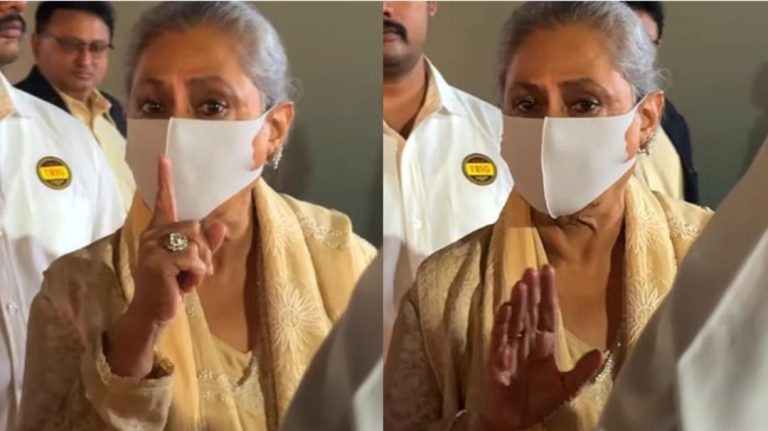
Musk yet to pay $100 million he promised to Trump: Report
In a shocking turn of events, Elon Musk, the CEO of Tesla and SpaceX, has yet to fulfill his promise to donate $100 million to President Donald Trump’s political-action committee, according to a recent report by the Wall Street Journal. The report further revealed that Trump became increasingly irritated in April when he discovered that Musk had received a top-secret briefing on China, which Trump deemed a conflict of interest.
Musk had initially pledged to make the donation to Trump’s political-action committee, Save America PAC, in November 2020. However, it appears that the billionaire entrepreneur has yet to deliver on his promise. The exact reasons behind Musk’s decision to freeze the donation are unclear, but the rift between the two has sparked speculation and raised questions about the role of corporate donors in American politics.
The report by the Wall Street Journal quoted unnamed sources as saying that Trump became “irritated” when he learned about Musk’s top-secret briefing on China. The briefing, which was given by a senior intelligence official, reportedly discussed China’s economic and military ambitions, as well as its efforts to influence American politics.
Trump was said to have viewed Musk’s access to the briefing as a potential conflict of interest, given the entrepreneur’s close ties to China and his company’s significant business dealings with the country. Musk, who has been a vocal supporter of Trump’s policies, has also faced criticism in the past for his company’s alleged use of Chinese labor in its manufacturing facilities.
The delay in Musk’s donation to Trump’s political-action committee is not the first time that the billionaire entrepreneur has faced criticism for his political donations. In 2020, Musk was accused of using his Twitter account to influence the outcome of the presidential election, after he tweeted that he would vote for Trump’s opponent, Joe Biden.
Musk’s decision to freeze the donation has sparked speculation about the motivations behind his actions. Some have suggested that the entrepreneur may be trying to maintain a neutral stance in the upcoming presidential election, while others have speculated that he may be trying to avoid controversy over his company’s business dealings with China.
Regardless of the reasons behind Musk’s decision, the rift between the two has raised important questions about the role of corporate donors in American politics. As the country heads towards another presidential election, the controversy surrounding Musk’s donation is likely to continue to dominate headlines and spark debate about the impact of corporate money on the political process.
In conclusion, the report by the Wall Street Journal highlights the complex and often fraught relationships between corporate donors and political leaders in the United States. While Musk’s decision to freeze his donation may have been motivated by a desire to avoid controversy, it has also sparked important questions about the role of corporate money in shaping American politics.




